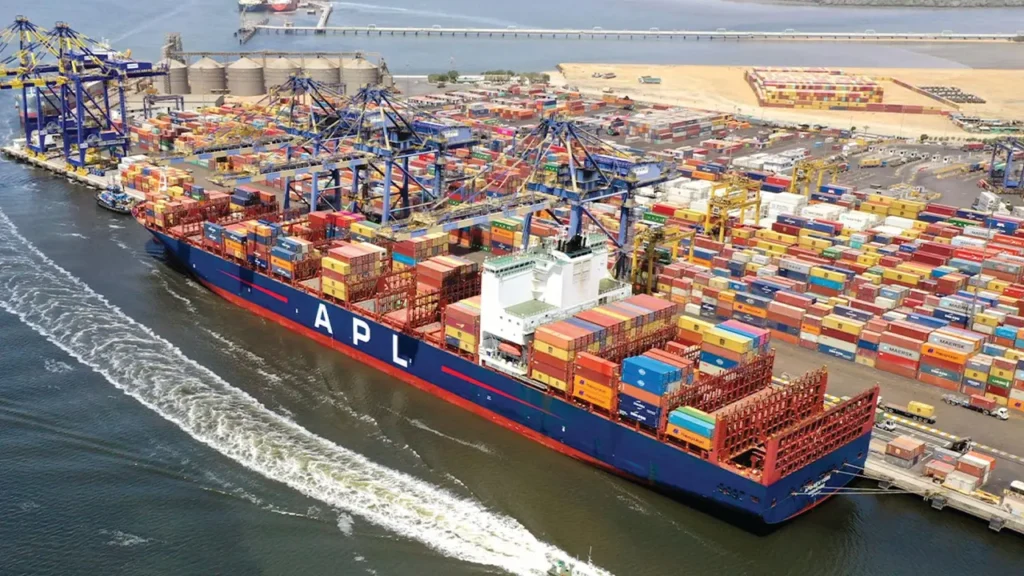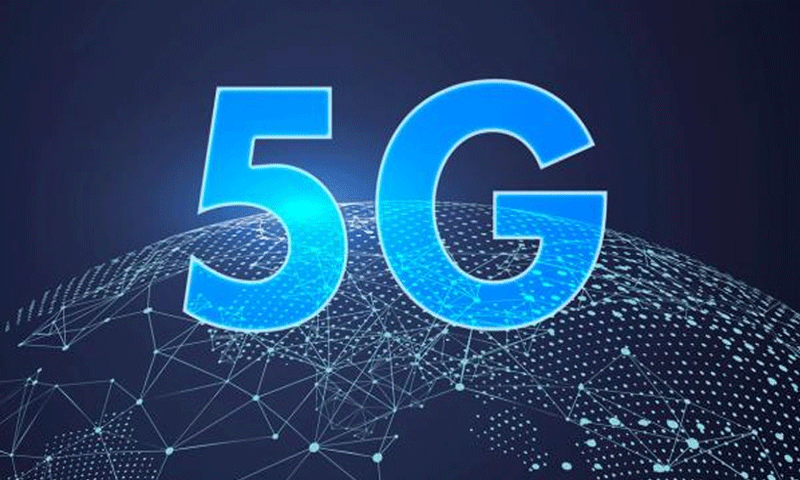- Web
- Feb 10, 2026
How Pakistan’s first AI port system aims to crush delays and boost exports
-

- Web Desk
- Aug 14, 2025

KARACHI: Pakistan is about to let artificial intelligence take the wheel at its ports. Today, the Ministry for Maritime Affairs will flip the switch on AIMS, the country’s first AI-powered port operations system, in a bid to make cargo handling faster, cleaner and far less painful for traders.
Federal Minister for Maritime Affairs Muhammad Junaid Anwar Chaudhry says this is more than a tech upgrade. It is a complete overhaul of how goods move in and out of Pakistan. “No more delays, no more backdoors,” he told lawmakers, calling the move a turning point in the country’s maritime history.
AI as the new dockmaster
Here’s the pitch. AIMS will keep track of incoming and outgoing cargo in real time, analyse port activity to predict bottlenecks before they happen and flag shady transactions to cut down on smuggling and revenue leaks. Think of it as a dockmaster who never sleeps, never gets tired and does not take bribes.
The system will also plug into other digital tools like the Pakistan Single Window and the Port Community System, designed to speed up customs clearance and trim the notorious paperwork jungle. With AI spotting suspicious consignments and alerting inspectors before trouble snowballs, the government hopes to cut clearance times from days to hours.
Read more: Port Qasim ranked among world’s top 10 improving ports
Pakistan’s ports, often accused of inefficiency, are already pulling in record profits of Rs109.7 billion last year. Yet Chaudhry insists there is still untapped potential. “We are making our ports future-ready,” he said, adding that the move aligns with Prime Minister Shehbaz Sharif’s national AI policy.
Beyond cargo, the ministry is also drafting a bunkering policy to turn Pakistan into a regional hub for maritime fuel. This could draw foreign investment and boost regional trade links.
If all goes to plan, the country’s maritime sector could leap from a lumbering bureaucracy to a high-speed AI-driven trade gateway. And if it does not, at least the robots will not be the ones to blame.
Read next: Sugar exports blamed for depleting domestic stocks, CCP tells FinMin




